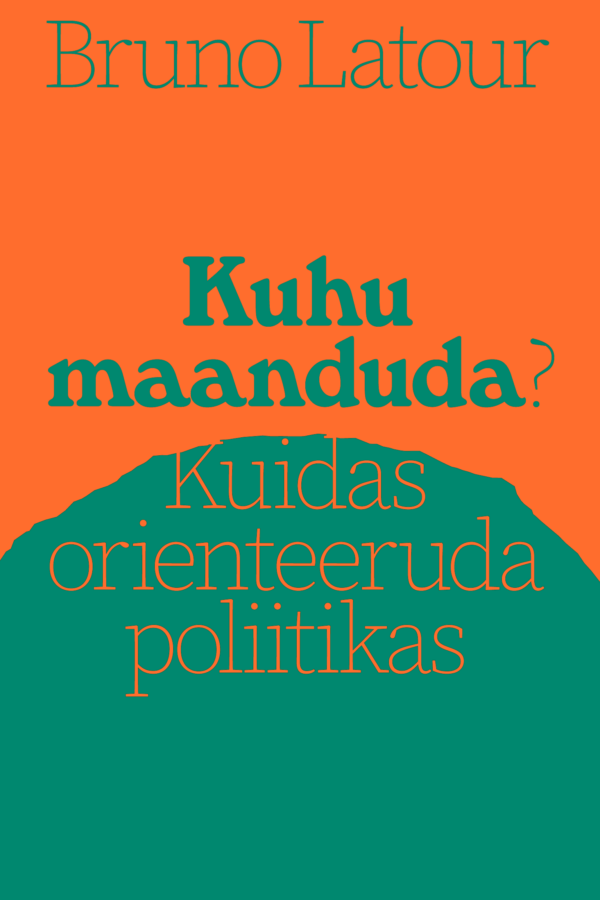
One of the most recent books of the French anthropologist and science historian Bruno Latour (1947-2022), “Down to Earth: Politics in the New Climate Regime” (first edition in French in 2017) represents his vision of a new political orientation necessary to understand the modern world and what is happening to it. He proposes the hypothesis that the politics of the last fifty years can only be understood on the surface of climate change and its denial: “Without the idea that we have entered the New Climate Regime, one cannot understand the explosive growth of inequality, the extent of deregulation, the criticism of globalization, and above all the frantic desire to seek the good old defense of the nation-state – quite wrongly called the “rise of populism.”
A universal feature of the New Climate Regime is the feeling that the ground is disappearing from under the feet of different groups of people. Coping with this situation is not just a matter of factual knowledge of climatic conditions, but of living in a common culture, facing the same dangers, and doing so in a landscape that must be explored together. In doing so, it is of decisive importance whether it is possible to notice, maintain and cherish as many ways of belonging to the world as possible.
Bruno Latour (1947), former professor at the Institut d’études politiques de Paris, is best known for his work in the field of scientific and technical studies. His book “We have never been modern” has been published in Estonian (TLÜ Kirjastus, 2014).
Translated by Mart Kangur
Edited by Margus Ott
Language editor: Aet Kuusik
Cover design: Maria Muuk
Layout: Studio Studio
112 pages, in Estonian
Estonian Academy of Arts Press, 2021
ISBN 978-9916-619-42-1
